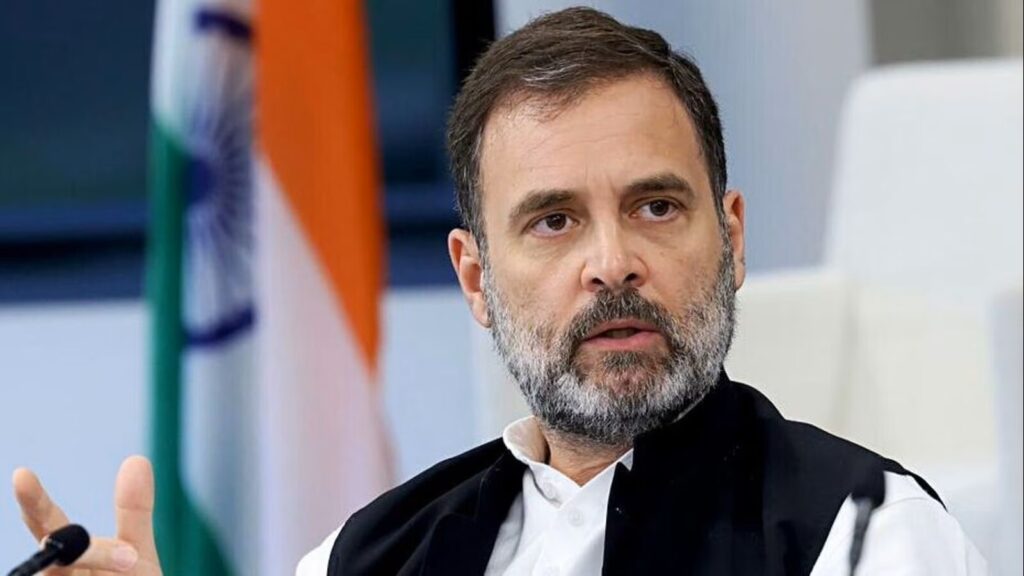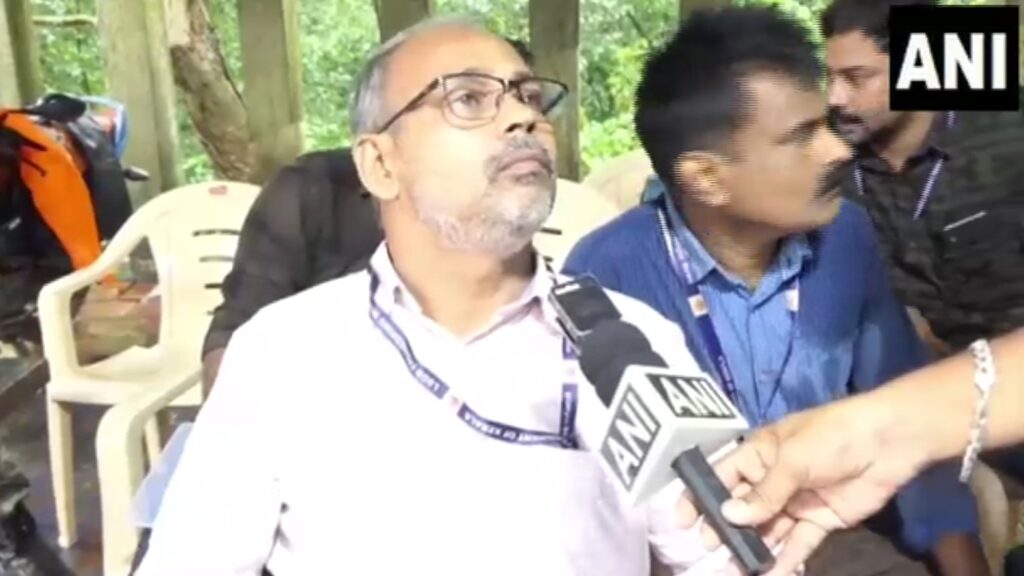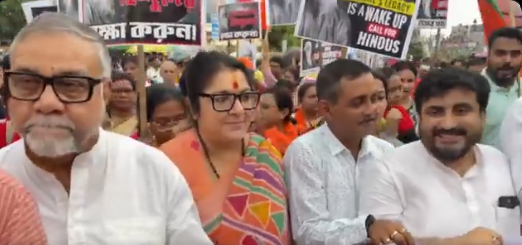Rahul Gandhi’s Operation Sindoor Surrender Controversy
In a charged political climate already defined by deep polarization, Leader of Opposition Rahul Gandhi’s recent remark branding Prime Minister Narendra Modi as “Narendra Surrender” has ignited a fierce national debate. Speaking at a rally in Bhopal, Gandhi alleged that Modi “surrendered” during the 100-hour military standoff with Pakistan, dubbed Operation Sindoor, following a phone call from former US President Donald Trump.
His pointed criticism didn’t just take aim at Modi’s foreign policy—it hit the very nerve of national pride. According to Gandhi, India’s ceasefire was not the result of strength, but submission. “History is witness,” he claimed, contrasting Modi with former PM Indira Gandhi, whom he hailed for resisting superpower pressure during the 1971 war.
But the backlash was immediate and intense—led by BJP spokesperson Sudhanshu Trivedi, who framed Gandhi’s comments not just as political provocation, but as an “insult to the Indian Army.”
Trivedi’s Fierce Counter: “Who Really Has a History of Surrender?”
Trivedi, speaking to reporters in New Delhi, accused Rahul Gandhi of playing directly into Pakistan’s hands, stating that his words were “echoed in the Pakistani Parliament and their media.” He claimed that Gandhi’s statement was being used in Islamabad’s dossier against India—implying that the Congress leader was undermining national interest.
Trivedi didn’t stop there. He launched into a detailed, chronological critique of what he called Congress’s “historic surrenders”, citing:
- 1947: Partition and “surrendering” territory to the Muslim League.
- 1948: Loss of parts of Kashmir to Pakistan.
- 1960: Nehru agreeing to give Pakistan 80% of Indus water.
- 1962: Nehru’s “letter of surrender” to Kennedy during the Sino-Indian War.
- 1965 & 1971: Ceding gains made during wars (like Hajipir Pass and 93,000 POWs).
- 1995: Allegedly halting a nuclear test under pressure.
- 2008: Resuming dialogue with Pakistan even after 26/11.
Framing Gandhi’s remarks as part of a larger pattern, Trivedi asked: “Why does Rahul Gandhi try to compete with Pakistan’s ISI in demeaning India’s army and its integrity?”
🚨 RAHUL GANDHI : Narendra Surrendered
— Times Algebra (@TimesAlgebraIND) June 4, 2025
SUDHANSHU TRIVEDI ⚡ : Such Cheap remarks show Rahul Gandhi lacks maturity to handle post of LoP.
He said "Congress surrendered to terrorism in 2011, PoK in 1971, Kashmir in 1948"
"Even when one-third of Pakistan's army was in our… pic.twitter.com/gp76ieocrU
Operation Sindoor, National Security, and the Parliament Push
At the center of the controversy is Operation Sindoor, the brief but intense military operation between India and Pakistan in May 2025. While Indian officials maintain that the ceasefire was a result of direct talks between military commanders, Trump publicly claimed credit for “diffusing a potential nuclear conflict.”
Rahul Gandhi’s assertion that the ceasefire was triggered by Trump’s call plays into that narrative. But the government—and its defenders—have rejected it outright. External Affairs Minister S. Jaishankar reiterated that India’s military dominance, not foreign interference, ended the hostilities. Meanwhile, Gandhi has called for a special Parliament session to debate the handling of Operation Sindoor. The BJP sees this as another political stunt, while Congress says it’s about transparency and accountability.
But beneath the noise lies a deeper issue: Can patriotism be weaponized in political discourse? Is questioning government action during wartime unpatriotic—or essential in a democracy?
As the war of words escalates, the political fallout from Operation Sindoor seems far from over. While Rahul Gandhi’s supporters defend his right to critique the government’s military strategy, BJP leaders insist that dragging the armed forces into political mudslinging is a red line that’s been crossed.





















